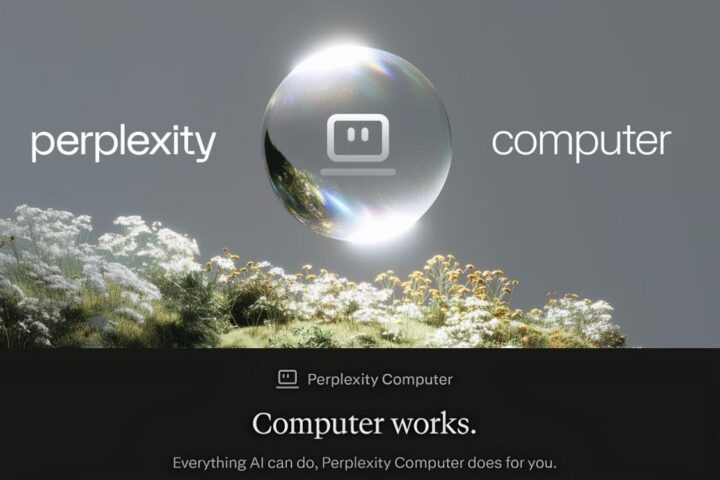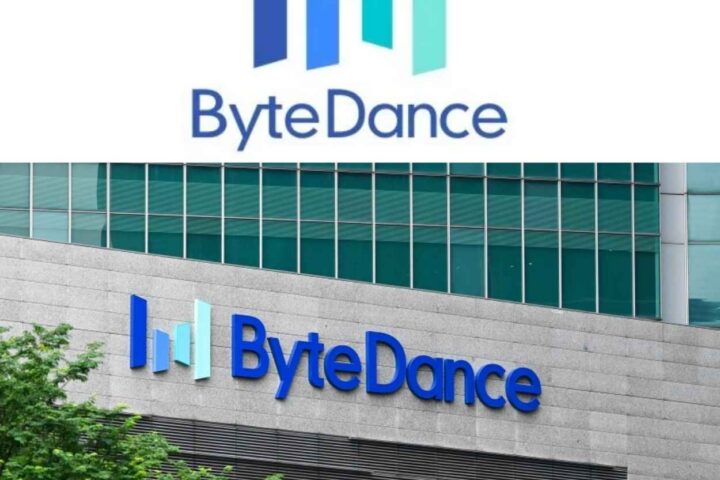There are numerous methods for onboarding the talent you need at your company. If your current hiring method isn’t working, consider switching things up and giving open hiring a try. If you aren’t familiar with the term, open hiring refers to the process of hiring the first person who applies for a vacant position without so much as looking at their resume, interviewing them, or conducting a background check. While this method may sound a bit drastic, it actually has many advantages. To learn about some of the main pros and cons of open hiring, consult this guide.
Pros of Open Hiring
- Speedy Recruitment: Having open positions in your company can place added stress on employees and cost your business a significant sum of money. As such, you want to fill vacant roles as quickly as possible. When it comes to a speedy recruitment process, it doesn’t get much quicker than hiring the first person who applies.
- It Breaks Down Employment Barriers: Many talented and qualified people do not get a second glance due to factors such as disabilities, a lack of work experience or education, a criminal record, homelessness, or a history of substance abuse. By not looking at someone’s resume and skipping the background check, such people can gain employment despite past or current circumstances that would typically make finding a job very challenging.
- Increased Diversity: By opening your hiring pool and breaking down employment barriers, the diversity within your company will likely increase. The many notable benefits of increasing diversity in an organization include improved problem-solving capabilities, enhanced creativity, increased productivity, and improved employee engagement.
Cons of Open Hiring
- Safety and Security Risks: One of the primary drawbacks to an open hiring process is increased safety and security risks. There is a reason many companies take the time to conduct background checks and hold interviews—doing so allows them to identify any potentially dangerous or suspicious patterns of behavior. By skipping such processes, companies risk potentially hiring a person who poses a safety or security risk in their business.
- Not an Option for Specialized Positions: An open hiring process is suitable for roles in which on-the-job training can provide all the knowledge and experience they need to be successful. However, it is not a practical option for more specialized roles in your company that require certain qualifications, high amounts of experience, and specific education requirements. For example, it wouldn’t make sense to use an open hiring process to hire a doctor or a lawyer. In such cases, when you need more specialized candidates, a targeted recruitment strategy would likely prove more beneficial.











